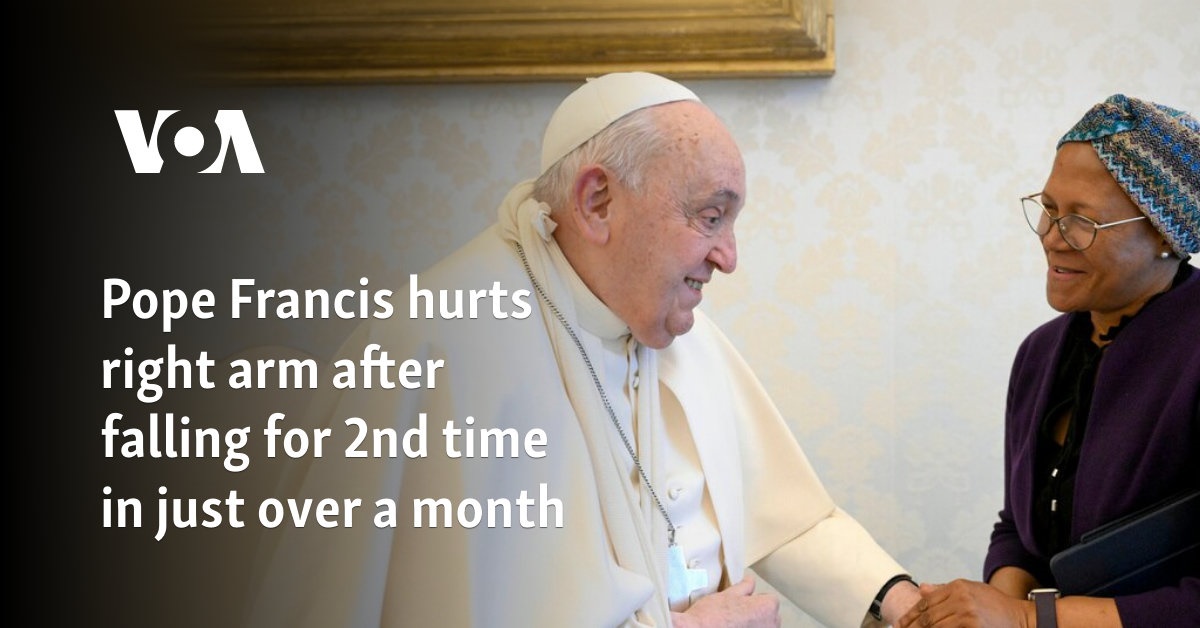By Sarah Thierrée,
The socio-judicial treatment of domestic violence in France is a cause for concern. At a time when our country, the self-proclaimed defender of human rights, is struggling to protect children and their protective parents from domestic violence, it is crucial to highlight the serious malfunctioning of our institutions. These practices, which I describe in a file submitted to the UN Committee against Torture as a form of institutionalised torture, expose the victims to a double penalty: that of the violence suffered and that of the procedures that condemn them to injustice and create new traumas.
Alarming figures, a hidden reality
In 2023, the internal security services recorded 271,000 victims of domestic violence, 85% of whom were women. Many of these victims are protective mothers whose voices and those of their children are systematically discredited. Pseudo-scientific concepts such as “parental alienation syndrome” and others, still taught recently in magistrates’ schools, continue to bias judicial decisions. These institutionalised biases expose children to their aggressors under the guise of preserving a so-called “family bond”.
When the system becomes the executioner
The French judicial system is marked by an alarming level of institutional inertia when it comes to domestic violence. For example, nearly 76% of complaints of sexual violence against minors are dismissed, often without a thorough investigation. Protective mothers who seek to denounce abuse (sexual, physical, psychological) are subjected to reversals of accusations, arbitrary placements of their children, and regularly even accusations of manipulation or mental instability.
These practices, although insidious, meet several criteria defined by the United Nations Convention against Torture: severe suffering, perpetrated or condoned by a public authority, and inflicted intentionally or through systemic negligence. For more than 30 years, the UN has been calling France to account for these serious shortcomings. Yet our country remains deaf to repeated criticism, refusing to introduce the reforms needed to put an end to these institutional abuses.
Urgent reforms needed
In the dossier submitted to the Committee Against Torture, I stress the need for a thorough overhaul of socio-judicial practices in France to protect victims of domestic violence. For example, it is imperative to put an end to the use of pseudo-scientific concepts, such as parental alienation , which continue to have an influence on the treatment of victims of domestic violence.
judicial decisions, despite their lack of scientific basis. Judges and child welfare professionals need to be investigated and given an institutional diagnosis, and this is what we are asking the UN Committee against Torture to do.
In addition, standardised assessment protocols must be put in place to ensure a clear distinction parental conflicts acts of violence, thus avoiding inappropriate decisions that expose victims to further trauma. Institutional transparency must become a priority, particularly with regard to the dismissal of complaints, so that victims can understand and challenge decisions that affect them. These reforms aim to restore a balance between protecting the rights of the accused and those of victims, by placing the safety and dignity of children and their protective parents at the heart of judicial priorities.
Another crucial measure is the judicialisation of the socio-judicial players themselves. Abusive practices, biased reports and decisions that actively contribute to the revictimisation of mothers and children must be examined from the point of view of criminal responsibility. These actors, who by their choices tolerate or perpetuate acts that can be described as institutional torture, must be held accountable before the law. This approach is not only a question of justice for the victims, but also a necessary condition for restoring confidence in a deeply dysfunctional system.
An appeal to the international community
The Committee against Torture has the opportunity investigate these issues during France’s the 82nd session of the Committee review of these practices at , and to reiterate its commitment to respect fundamental rights. It is only facing up to this reality and reforming our institutions that we will be able to protect children, support protective mothers and restore confidence in our socio-judicial system. In just a few days, more than a hundred professionals directly involved in this issue have lent their support to the case.

 By The European Times | Created at 2025-01-16 19:36:59 | Updated at 2025-01-16 22:01:31
2 hours ago
By The European Times | Created at 2025-01-16 19:36:59 | Updated at 2025-01-16 22:01:31
2 hours ago








